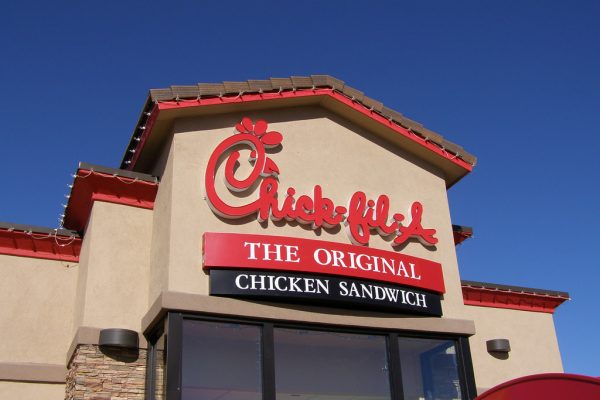The best human foods for dogs

Who should know this?
All dog owners must know what foods their dogs can have and what they cannot. Many foods humans love could cause huge amounts of damage to your pup, for example, chocolate. The AKC, American Kennel Club, stated that, “A large amount [of chocolate] can cause seizures, irregular heart function, and even death.” Most owners are aware that dogs cannot have chocolate but, most do not know all the foods that are safe for your dog.
What is the best food for dogs?
One of the best foods your pooch can have is peanut butter. According to Austin Woodward, a writer for Cosmic Pet, peanut butter is “rich in protein, healthy fats, niacin, vitamin B, and vitamin E”. Also, carrots, which Woodward states, are great for “vitamin A, beta-carotene, and fiber.”
Where can you get these items?
All foods mentioned can be found at your local grocery store. But, always talk to your vet first before giving a new food to your pup. Your dog could have a problem that could make certain foods, which would be good, difficult for them. For instance, if your dog was sensitive to dairy then yogurt could cause digestive issues. When shopping, avoid anything with xylitol. It can cause liver failure and low blood sugar levels.
When should you use these foods?
Introducing your pooch to new foods needs to happen slow. Your dog may become alarmed if their diet changes too fast. Lots of new foods could cause digestive issues: diarrhea, vomiting, and indigestion. No one wants a pup with a bellyache.
Why are these beneficial?
Many human foods are rich in essential vitamins and minerals. They can be beneficial for their immune systems and their coats. According to Beth Simmons, a writer for Medical News Today, salmon and tuna are full of omega-3 fatty acids, which can help coat and skin health.
How often should dogs have these foods?
Many human foods are safe for dogs but, Simmons says that they should only eat them in moderation. Too much of any food could cause problems for your dog. If you are unsure of the amounts, always check with your vet.

Clara Tuinman is a senior at Jenison High School. She is involved in the choir. She is also interested in fashion, art, animals, and history.




